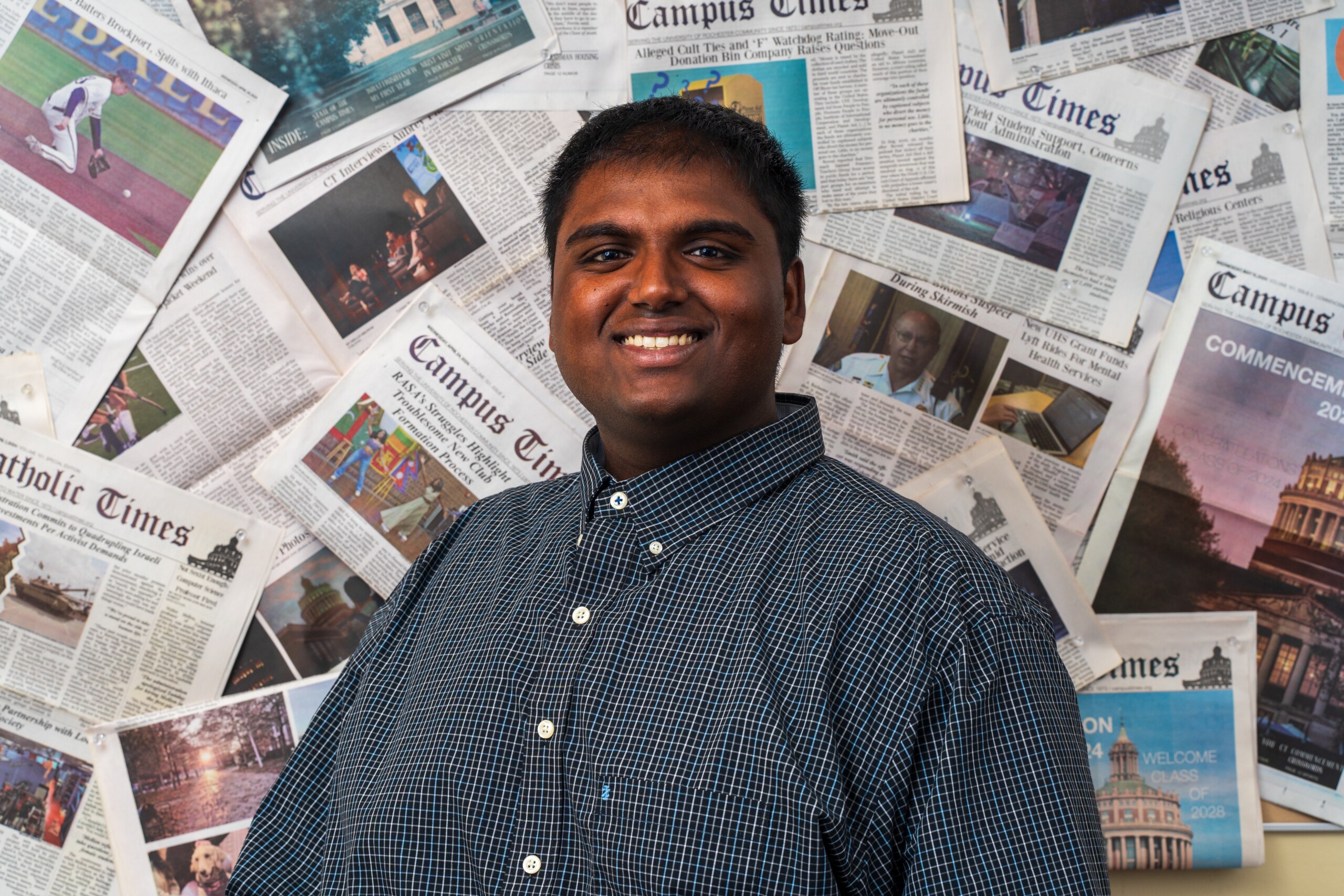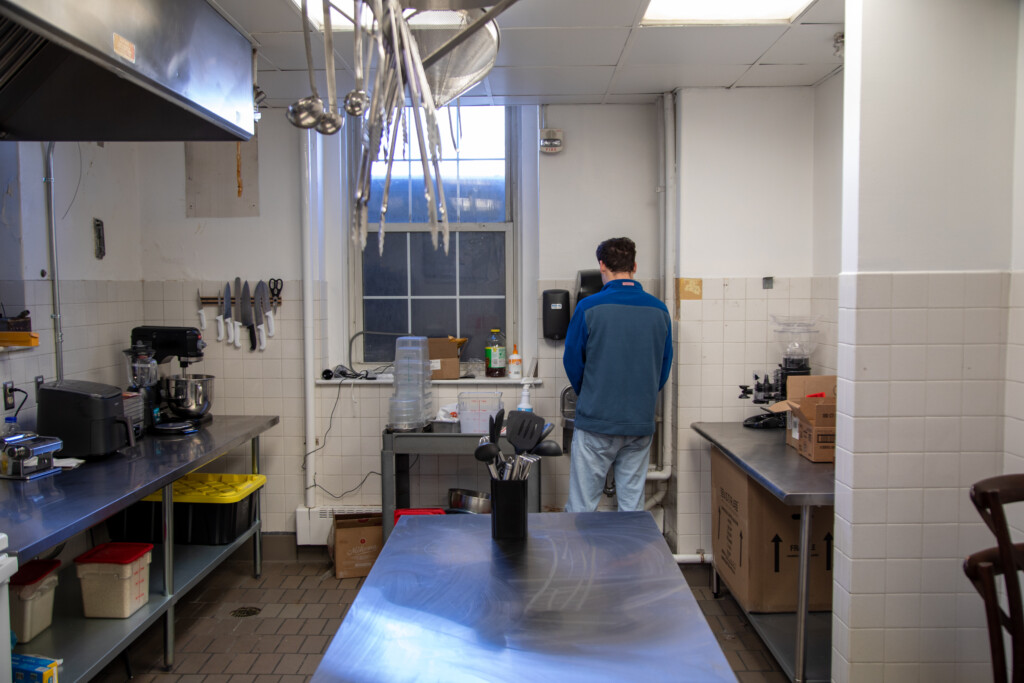I still remember what inspired me to write my first article as a data journalist. I was reading a research paper on computer-assisted reporting and had skimmed through a TED talk — the little, mundane self-help activities I thought would motivate me beyond belief. Unbeknownst to me, however, were the events that would lay the foundation for my career today.
Just across the world lay the body of 17-year-old Nahel Merzouk, a French-Algerian who was killed by French police during a traffic stop. When the country erupted in riots after initial news of his death, it wasn’t just the incident that sparked my interest — it was the public reaction I witnessed on social media.
Nahel reminded me a little bit of myself: a teenager with a tendency for rebellion. The only child of a single mother, I saw a reflection of the same struggles my family went through as refugees finding their place in a world without a space for them.
Seeing the vortex of far-right, Islamophobic, racist and anti-immigrant sentiment so freely espoused on social media proved a stark personal reminder: that even in death, people like us must always fight to prove our humanity to a world comfortable with our oppression.
Uncovering the history of France’s entanglement with the far-right imposed a newfound responsibility on my shoulders: to illustrate to the world what we have always experienced just for living in our skin. The opportunity to pursue journalism, then, lay directly on that path.
After publishing my first project, I had the chance to join the Campus Times, first applying for a Social Media Editor position in the fall of 2023. Thankfully, I wasn’t accepted — the staff liked me, but they hadn’t seen me around and wanted me to show what I was capable of. I got to know our then-Editor-in-Chief, Justin O’Connor, who first gave me feedback on better data visualizations, clearer sentence structure, before calling me last January to offer the Data Editor position as part of an initiative to expand the Campus Times into what we both viewed as the future of journalism.
That spring semester, I worked even more closely with him and the staff I’ve gotten to meet as we toyed with ideas and projects that have helped me get off the ground. I’ll never forget taking the time to create our own FiveThirtyEight-esque metric to define the two-way individual performance of an NBA player to visually determine who was the clear MVP of the 2023-24 season, and tracking the events of the Gaza solidarity encampment as students like me stood for what they believed in.
What I lacked, however, were the fundamentals that established the love I have for journalism and the reason I continue to pursue what I love most today.
This summer, I had the chance to work with the Rochester Beacon, a local newsroom focused on tackling the complex issues facing the city and its community. Far from the shallow regurgitation of traffic accidents and crime statistics that dominated corporate news, we wanted to actually delve into the issues facing the community.
I remembered the work it took to get here in the first place; how much envy and insecurity I used to feel for not having the connections and experience and internship under my belt like the rest of my peers.
I also remembered what it meant for my people to be here — to sacrifice their culture, identity, and way of life in the preservation of their humanity. When I read the stories of Nahel, I’m reminded of the stories my people share as the victims of a genocide that not only exterminated them from their homes, but eradicated their history and culture from the planet.
It wasn’t spoken as clearly as it is now, but I don’t think my Editor-in-Chief, Smriti Jacob, had any trouble being on the same page as me. From our first conversations and my first drafts, she could see the intention behind every sentence I wrote; and the absolute commitment I had to speaking justice to every word that flowed from my hands.
It was just last August that my lead story for the Rochester Beacon came out, on the City Council’s proposed legislation to adopt Good Cause protections in line with New York State. It wasn’t enough for me to just repurpose the spreadsheets and press releases I received — because it wasn’t enough to our community.
Across the six weeks I spent working on our story, I attended City Council meetings, public hearings, and press conferences just to be in the know regarding the way the issue was developing and gaining momentum. I interviewed everyone from tenants facing eviction, to Councilmembers with experience on the policy, to landlords who disagreed with Good Cause on a fundamental level.
Most importantly, I told their stories.
I got to know a parent surviving stage-four cancer that couldn’t withstand a no-cause eviction because of the effect such a change would have on her daughter, who lives with high-functioning autism. I got to meet the child of a mother of seven who suffered depression and anxiety from the economic hardship she would face had she been evicted with no cause. I heard the stories of legislative drama and political strategy that lie behind the curtain of policymaking, and I worked to understand the concerns of property owners who worried about their investments.
I represented my community in ways I never thought I was capable of before. I shed light on people who others considered unworthy of notice. I didn’t even realize how much I had done because of how much the responsibility of wielding this power meant to me.
To stand as a journalist means embracing a lifelong commitment to sharing the stories of the unheard, for me: To the minorities and refugees whose lives may never be told without the horrors of war. To the immigrants who fought their hardest to create a life in a world that meant sacrificing their identity in the face of assimilation. To the people of color who continue to fight for their rights in the face of oppression every single day.
I may be privileged enough to not have to face these issues first-hand, but I would not be who I am if I didn’t stand for these people in everything that I do. In coming back to the Campus Times this year to further develop the data desk and hone my craft, I’m not only reminded of this reality — but eternally grateful for the support I’ve had in the efforts I’ve made.
To work with our staff and editors means embracing the belief that a better world is possible through the diligent reporting and editing we do on a weekly basis. Whether it’s reporting on the events of student government, or covering the incredible clubs we have on campus, or highlighting the features we have on the individuals that make our University special, I’m reminded that by being here I play a role in defining the culture of our community that highlights the voices of the many students that attend our school, no matter what their background is.
To the incoming freshman, to the students, to anyone looking to have their voices heard, we welcome you as a new academic year begins, not just for all of us, but for the paper I’ve found my place in. On behalf of all of us at the CT, welcome back — and welcome home.


